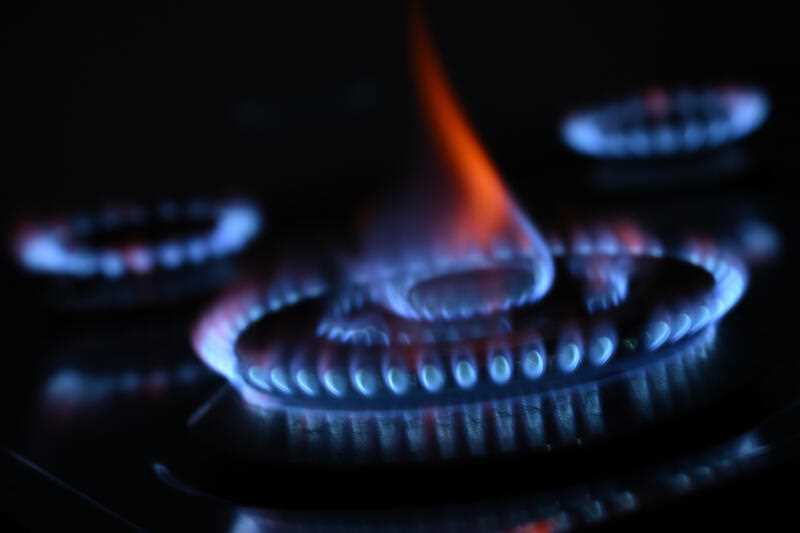The threat of big stick intervention in the energy market has been enough to drive down power prices by as much as 50 per cent, even before the government’s price caps come into force.
Since the Albanese government floated market intervention as a solution to eye-watering energy price predictions in the October federal budget, the energy regulator has found evidence of proactive action to lower prices.
Australian Energy Regulator chair Clare Savage said since the government started talking about market intervention, retailers have been able to secure 12-month contracts at prices between 45 and 50 per cent lower than before.
Energy retailers lock in contracts with generators to supply power to their customers at a price set in advance.
“I should stress, it doesn’t mean we will get lower retail prices next year, but it does mean if markets keep trading as they are right now we should see an increase next year lower than previously expected,” Ms Savage told ABC radio on Thursday.
While it was too early to say how effective the government’s energy relief measures would be at driving down prices, she was optimistic the proposed interventions were already working as intended.
Parliament has been recalled to debate the proposed laws, which are expected to pass with the support of the Greens and independent senator David Pocock on Thursday.
Along with a 12-month price cap on gas of $12 per gigajoule, the laws will introduce a “reasonable pricing” provision that will kick in after the price caps expire.
The gas industry is fiercely opposed to the changes, citing concerns it could create uncertainty in the market and stifle investment and subsequently energy supply.
Treasurer Jim Chalmers disagreed the government’s energy relief measures would distort the energy market over the long term.
“We respond with urgent, targeted, meaningful action to take some of the sting out of these price rises, and to provide direct energy bill relief,” Dr Chalmers told parliament.
“And in doing so, we reject the fib that a functional and fair gas market must also mean the hollowing out of our manufacturing industry, or the destruction of jobs, or the sacrifice of living standards.”
He said he had respectful and constructive discussions with the energy industry leaders on Wednesday.
“They have a position which is very clear, we have a different position, and we have a different responsibility – our responsibility is to the broader Australian community, to industries and employers, and to the national economic interest,” he told ABC radio.
By Poppy Johnston in Canberra



